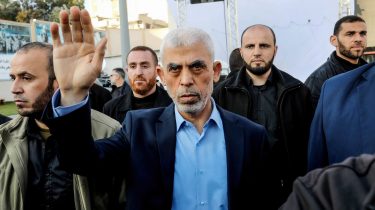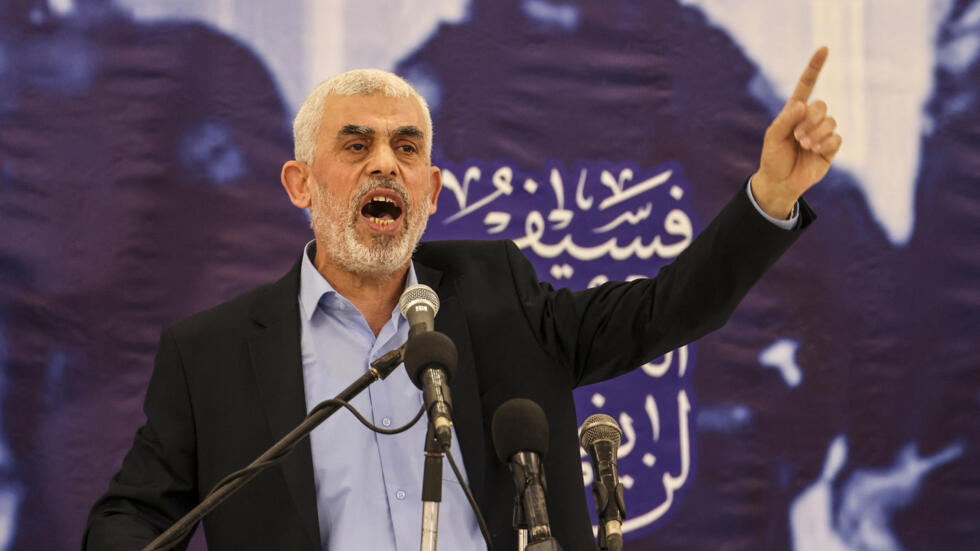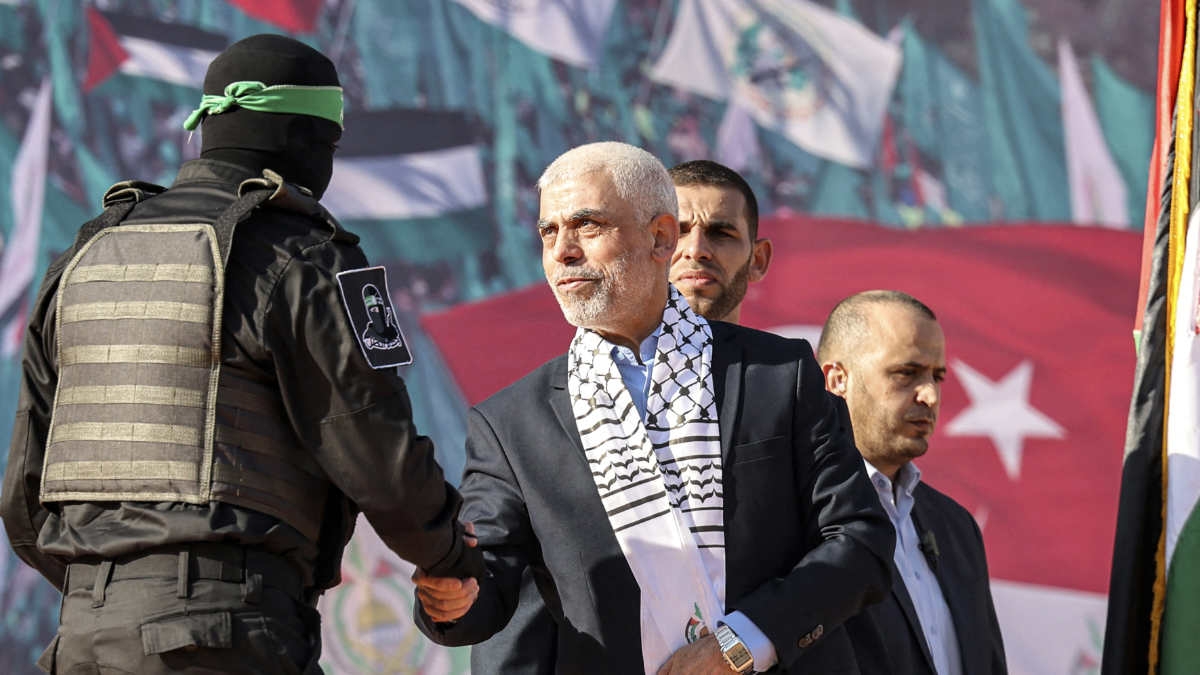The new leader of Hamas, Yahya Sinwar, suggested that Israel negotiate a truce

The newly appointed head of Hamas, Yahya Sinwar, has made a surprise truce proposal to Israel. In light of the current tense conflict, this proposal was a significant step towards a possible resolution of the situation. Sinwar, who took office after the assassination of the previous head of the organization, strives to find a way to reduce violence and achieve temporary peace in the region. The issue of a truce is now on the agenda, and its consequences could have a significant impact on further developments in the conflict.
The new Hamas leader offers a truce to Israel: a message through intermediaries and Netanyahu’s reaction
Yahya Sinwar, who recently became head of the Palestinian group Hamas, who replaced Ismail Haniyeh after his assassination, sent Israel a proposal for a peace agreement for the Gaza Strip. The news was conveyed to Jerusalem through intermediaries from Egypt and Qatar. CNN published this information, citing sources from Israel.
According to two informed sources, Israeli Prime Minister Benjamin Netanyahu is committed to signing the agreement, despite the possible risks for his coalition. However, the publication reports that Israeli security officials remain skeptical about Netanyahu’s willingness to reach a deal, despite strong opposition from far-right members of his coalition.
“No one can understand what Bibi really wants,” said one Israeli source, using Netanyahu’s nickname.

Journalists believe that the United States may begin to put pressure on Israel to achieve a truce and release prisoners.
“According to Israeli sources, American officials have strongly warned their Israeli counterparts that now is a critical moment to reach a peace agreement on a ceasefire to prevent further escalation of the regional conflict,” the material reports. At the same time, Netanyahu’s allies in the coalition expressed clear opposition to the idea of Israel negotiating with Hamas. Finance Minister Bezalel Smotrich described the agreement as a “defeat”, and National Security Minister Itamar Ben-Gvir also expressed strong opposition to the deal.
Israel agreed to resume ceasefire talks in the Gaza Strip on August 15, responding to persistent pressure from American, Qatari and Egyptian mediators.
Israel resumes peace talks in the Gaza Strip: internal divisions and international pressure
Israel decided to resume truce negotiations in the Gaza Strip on August 15, succumbing to significant pressure from mediators from the United States, Qatar and Egypt. This step represents a key turning point in the current conflict, which could significantly influence the further development of the situation in the region.
Negotiations could be key to stabilizing the situation, but questions remain about what the final agreement will look like and how it will affect Israeli domestic politics.
There is a sharp division of opinion within the country regarding the treaty.

Israeli Prime Minister Benjamin Netanyahu is willing to consider a proposal for an agreement, despite the potential risks for his ruling coalition. However, his allies, including Finance Minister Bezalel Smotrich and National Security Minister Itamar Ben-Gvir, are categorically against it, considering such an agreement an act of “capitulation.”
On the other hand, international mediators emphasize the importance of a truce to avoid a subsequent deterioration of the situation and an intensification of the humanitarian crisis . The results of the negotiations are expected to have a significant impact on the political and humanitarian situation in the region, as well as on Israel’s relations with international partners.
